
How do you optimize your site for SEO? In this article, we’ll show you how to implement an effective strategy, based on the experience of our web SEO agency.
Table of Contents
ToggleUnderstanding Natural SEO
Before diving into the technical details of optimizing your site, it’s essential to understand what natural SEO is and why it’s crucial for your online marketing strategy.
What is Natural SEO?
Natural SEO, or SEO (Search Engine Optimization), is a set of techniques aimed at optimizing the visibility of a website in the search results of engines like Google. The goal is to attract qualified and free traffic.

The Crucial Role of Content in SEO
Content is one of the pillars of natural SEO. Quality content, relevant to your audience and optimized for search engines, can help you position favorably in the search results.
Creating Quality Content
To create quality content, you need to understand the needs and expectations of your target audience. This means not only knowing the topics that interest them but also the type of content they prefer (blog articles, videos, infographics, etc.) and the tone that resonates with them.
Optimizing Content for Search Engines
Once you’ve created quality content, the next step is to optimize it for search engines. This means including your target keywords naturally in your content, especially in the first paragraphs, titles, and subtitles. It’s also important to avoid over-optimization, as this can harm your content’s readability and overall quality.
Your Site’s Structure Plays a Key Role
Your site’s structure is another key element in optimizing your site for SEO. A well-structured site allows search engines to easily understand its content and index its pages correctly.
Easy Navigation: A Plus For SEO
Clear and intuitive navigation is essential for good SEO. Users should be able to find the information they’re looking for in a few clicks.
Creating an Efficient Site Architecture

Your site’s architecture is the basic structure that determines how the different pages are linked together. For this, ensure that each page is accessible in three clicks or less from the homepage.
Using Internal Links Strategically
Internal links play a key role in optimizing your site for SEO. Additionally, they improve the user experience by guiding visitors to relevant and complementary content.
The Importance of Keywords in SEO
Keywords are the means by which users communicate with search engines. They determine which results are relevant for a given query.
How to Choose the Right Keywords
Choosing the right keywords is not an easy task. You need to understand your target audience, identify the terms they use to search for your products or services, and assess the competition for these terms. Tools like Google Keyword Planner or SEMrush can assist you in this task.
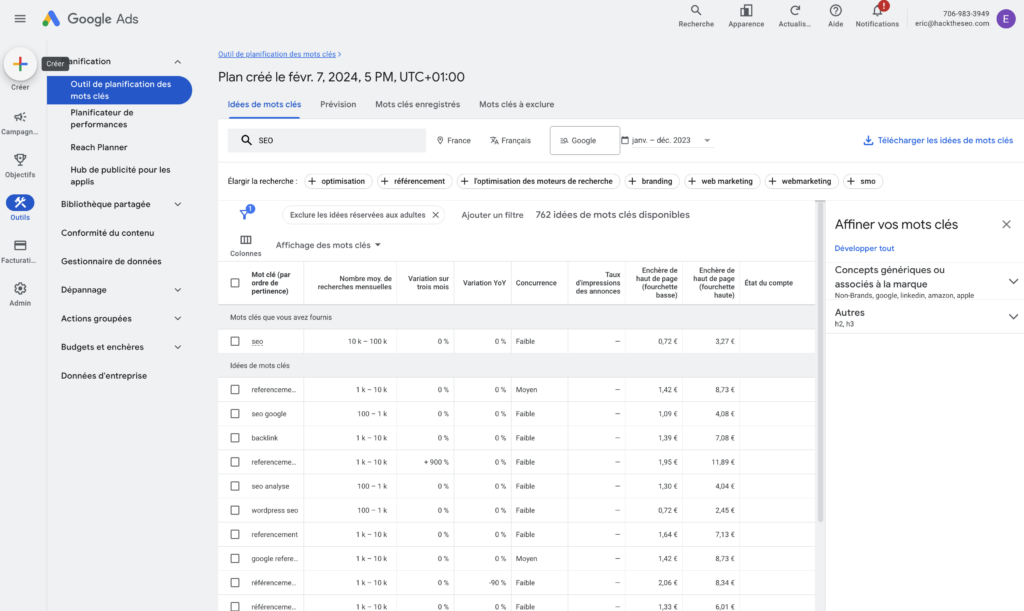
How to Integrate Keywords Naturally
Once you’ve identified your target keywords, you need to integrate them naturally into your content. This means they should be incorporated coherently and logically into your texts, without disrupting reading. It’s also important to avoid keyword stuffing, which can harm the quality of your content and your SEO.
The Relevance of External Links in SEO
External links, also called backlinks, are links that point to your site from other sites. They are one of the main ranking factors used by Google and other search engines.
Creating Quality Content for SEO
Content is a fundamental pillar of SEO. Search engines value quality content that answers users’ questions, provides relevant information, and creates a pleasant experience for the reader. Creating quality content is therefore a crucial strategy for optimizing your site.
Understanding Users’ Search Intent
Understanding users’ search intent is a crucial step in creating content that meets their needs. There are four main types of search intent: informational, transactional, navigational, and commercial. The type of intent influences the kind of content you should create.
Providing Valuable Information
Your content should always bring value to your readers. Whether you’re providing information, advice, reviews, or solutions to problems, make sure your content is informative, accurate, up-to-date, and useful.
Establishing Authority and Credibility in SEO
In SEO, a site’s authority and credibility are determined by factors such as the quality of backlinks, the quality of content, and the site’s reputation. A site with high authority is more likely to achieve a better ranking in the search results.
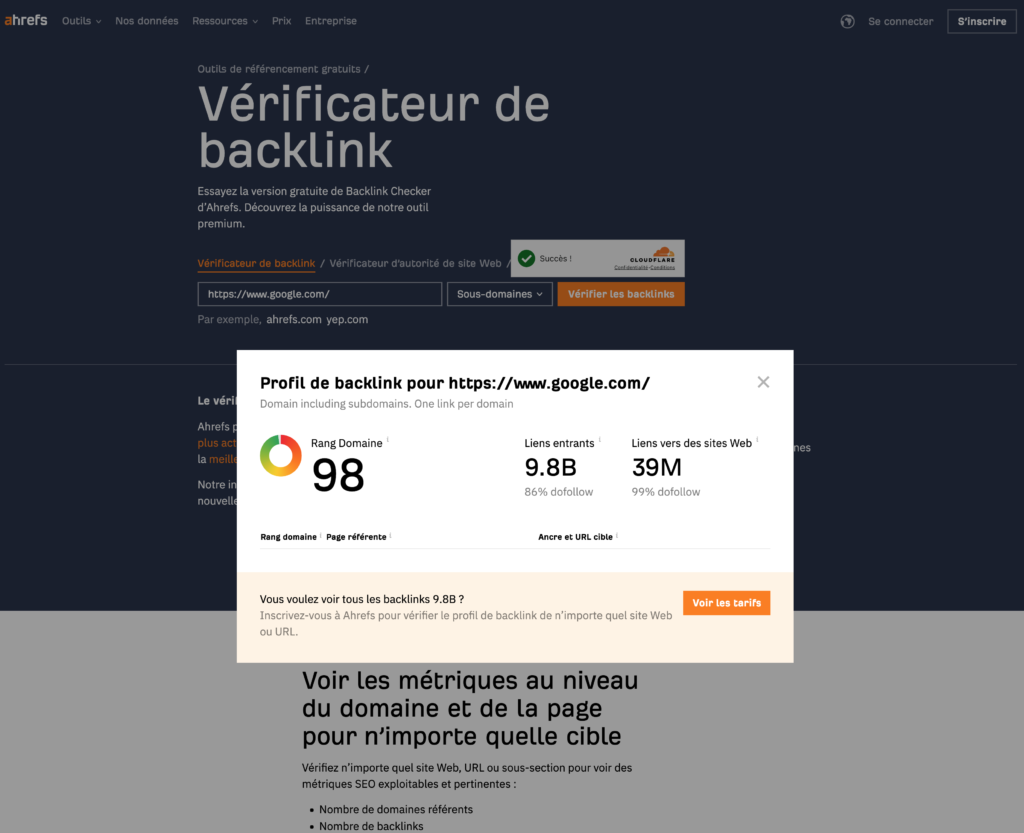
(Tool :Ahref)
Obtaining Quality Backlinks
Obtaining backlinks from high-quality sites is an excellent way to establish your site’s authority. These links signal to search engines that your content is appreciated and trustworthy. However, the quality of backlinks is more important than the quantity.
Providing High-Quality Content
High-quality content is another crucial factor in establishing your site’s authority. By providing content that is well-researched, informative, and useful, you can earn the trust of readers and search engines.
Site Performance and its Impact on SEO
Site performance, including page loading speed, plays a significant role in SEO. Search engines favor sites that offer a fast and smooth user experience.
Optimizing Page Load Speed
A fast load speed enhances the user experience and can contribute to a better ranking in search results. There are many tools, like Google PageSpeed Insights, which can help you assess and improve your site’s speed.
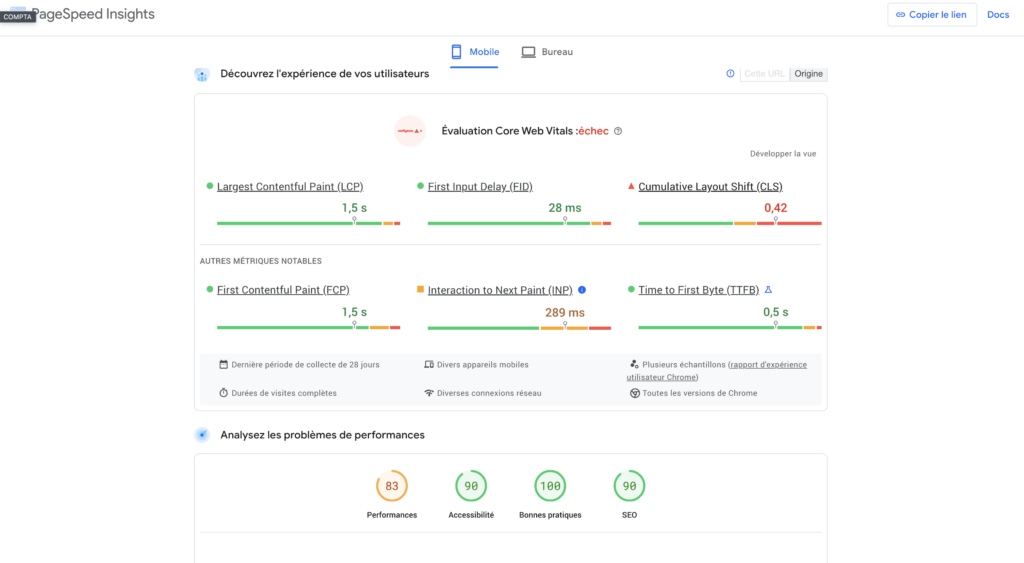
Finally, we recommend checking out this resource that can help you improve your web pages: Google Lighthouse.

Eric Ibanez
Co-fondateur de Hack The SEO
Eric Ibanez a créé Hack The SEO et accompagne des stratégies SEO orientées croissance. Il est aussi co-auteur du livre SEO pour booster sa croissance, publié chez Dunod.
Suggested Articles


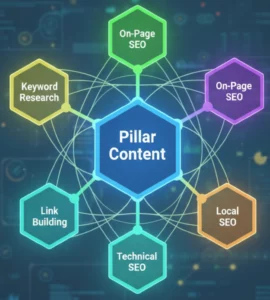
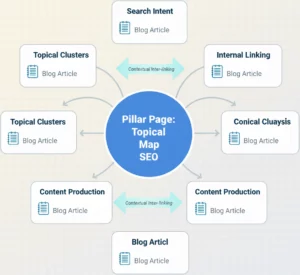

3 thoughts on “Marketing specialists: Optimize your site for SEO”
Thanks for this article !! very interesting 🙂
Thanks